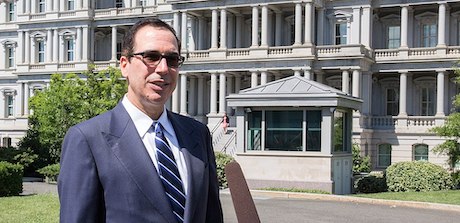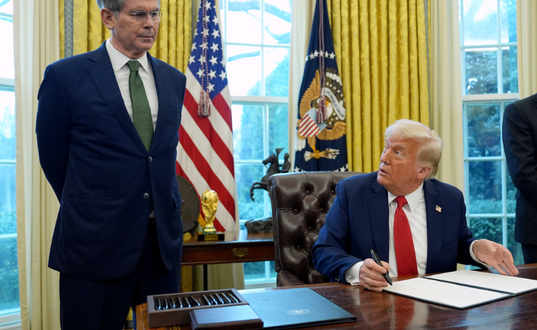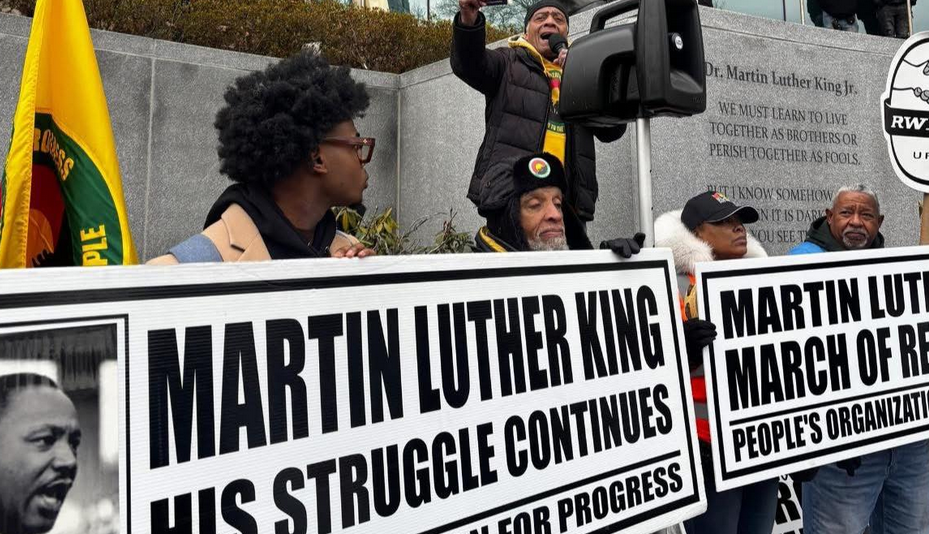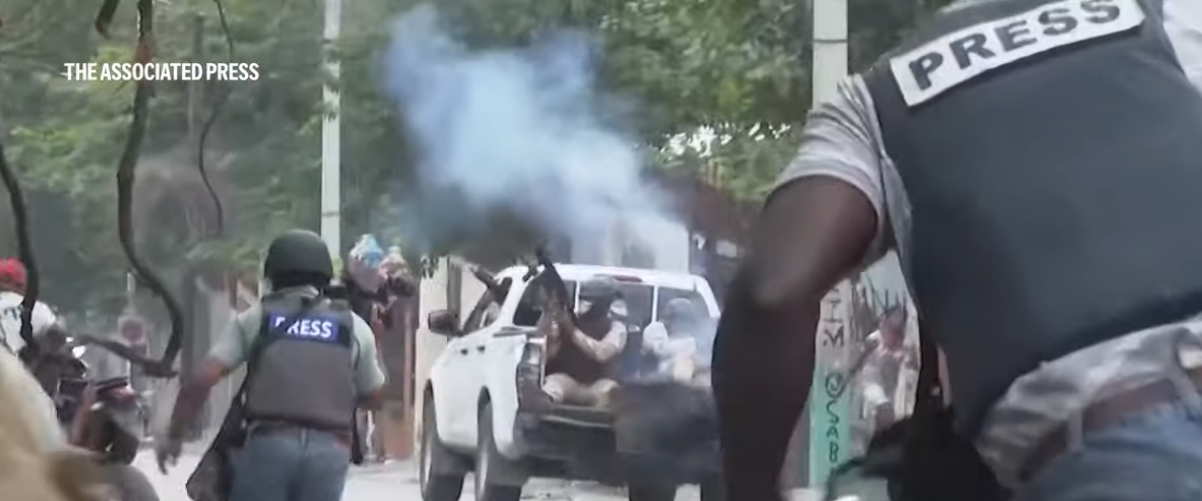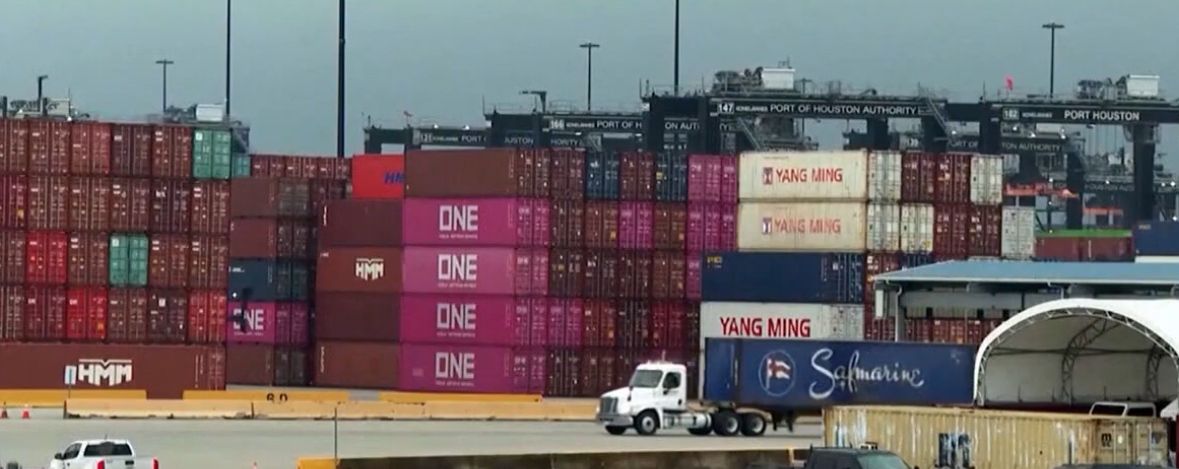Treasury Secretary Mnuchin–eyeing sanctions on Uganda’s military commanders? Photo: Wikimedia Commons.
Embattled Ugandan dictator Gen. Yoweri Tibuhaburwa Museveni Kaguta who has ruled the country since 1986 has appointed his son, Gen. Muhoozi Kainerugaba, as the commander of the notorious and powerful Special Force Command (SFC), ahead of the January 2021 election in what observers believe is a desperate attempt to escalate repression, or violently suppress protests that could follow if he steals the vote.
The military reshuffle comes days after the Museveni regime was denounced in separate letters released by the chairman of the U.S. House of Representatives Foreign Affairs Committee and the U.S. Secretary of State. In his letter, Rep. Eliot Engel, the Foreign Relations chair called for a review of non-essential aid to the Museveni regime and called for sanctions on several military officers.
The politics of the country are being segmented into a clash between the old guard and the youth who make up more than 80% of the country’s population and poised to elect 38-year-old challenger, member of Parliament Robert Kyagulanyi, a.k.a. Bobi Wine, as Uganda’s next president. The challenger has drawn tens of thousands of supporters during his campaign travels around the country.
The signals have already manifested in the presidential campaigns where the incumbent, dictator Museveni, neither wants opponents Bobi Wine and Patrick Oboi Amuriat of the Forum for Democratic Change (FDC) to hold rallies or appear on radio stations and televisions to communicate with their supporters and voters. The regime panic grows and recently the Uganda Communications Commission (UCC) wrote to Google demanding that the mega company block these candidates’ means of communicating with the masses via social media.
SFC, which is headquartered in Entebbe city near the statehouse, is responsible for providing security to dictator Museveni, his immediate family members, the country’s constitutional monarchs, and Uganda’s oil fields. After he rigged the election in his favor, against the FDC’s Dr. Kizza Besigye, Museveni referred to the country’s oil fields as “my oil,” which is consistent with how he regards the country’s assets.
His rotund son, who is 46, is currently senior presidential advisor on special operations, a position he has held since 2017. He had been the commander of the SFC before that. Previously it was referred to as the Presidential Guard Brigade (PGB) from 2008 to 2017. The SFC was involved in a botched apparent assassination attempt on Bobi Wine that ended up with the shooting death of his driver instead in August 2018 when the candidate was in the city of Arua, campaigning on behalf of another opposition candidate who beat a ruling party opponent. Bobi Wine himself and other members of Parliament were arrested and tortured on that occasion.
Gen. Sabiiti Muzeyi, the deputy Inspector General of Police—but the real muscles behind police operations—has been sent to the Military Headquarters for redeployment and replaced by Maj. Gen Paul Lokech, who had been in charge of monitoring the demobilization and integration of South Sudan’s troops. Sabiiti was one of the officers whom a U.S. lawmakers wants sanctioned.
On Dec. 9, U.S. Rep Engel wrote to Secretary of State Mike Pompeo and Secretary of the Treasury Steven Mnuchin calling for action against the Museveni regime. The military officers listed for sanctions in addition to Sabiiti are: Lt. Gen. Peter Elwelu, Commander of Land Forces; Maj. Gen. James Birungi, Commander of the Special Forces Command; Maj. Gen. Don William Nabasa, former Commander of the Special Forces Command; Maj. Gen. Abel Kandiho, Chief of Military Intelligence; Maj. Gen. Steven Sabiiti Muzeyi, Deputy Inspector of General of Police; Frank Mwesigwa, Commissioner of Police; and Col. Chris Serunjogi Ddamulira, Director of Crime Intelligence.
“I also ask that the State Department commence a review of all non-humanitarian assistance to Uganda; commit to providing robust support to human rights defenders, and independent journalists and to building the capacity of civil society organizations; and coordinate with like- minded allies to issue a joint condemnation of violent repression,” Rep. Engel wrote in his strongly worded denunciation of the Museveni regime.
“My desire to see a better human rights record in Uganda is firmly rooted in the country’s own constitution and legal code, which prevent torture and enshrine the right to freely assemble and express viewpoints that may not be in accordance with those of President Museveni,” Engel added. “Moreover, considering Uganda’s importance to U.S. security interests in East and Central Africa, it is imperative that the United States and its international partners act to prevent further destabilization in Uganda and facilitate the opening of civic and political space for which Ugandan citizens are mobilizing.” Rep. Engel noted that words alone don’t seem to have any impact on the Ugandan dictator.
“For several years, the United States has raised concerns about the Ugandan government’s lack of respect for the civil liberties of its citizens and urged the government to conduct or permit credible investigations into alleged human rights abuses. However, diplomatic rhetoric alone has had little impact on President Museveni’s behavior. Instead, he has further consolidated power while preventing the emergence of a viable democratic opposition,” Engel wrote.
Gen. Sabiiti has been replaced by another general, reinforcing the militarization of Uganda’s police force.
The Ugandan military reshuffle comes days after Secretary Pompeo, apparently responding to Rep. Engel’s letter, moved closer toward sanctions against the Museveni regime’s military leadership. Previously the U.S. Treasury Department sanctioned Uganda’s former Police chief Kale Kayihura, placing him on a travel ban and freezing his foreign assets.
“We urge the government to ensure the safety of all candidates, respect the right of peaceful assembly of all Ugandans, and ensure that election authorities and security forces act impartially. We also call on the Ugandan government to create a safe environment for civil society and non-governmental organizations to undertake election training and monitoring,” Pompeo wrote on Dec. 10. “We are paying close attention to the actions of individuals who interfere in the democratic process and will not hesitate to consider serious consequences for those responsible for election-related violence and repression,” he added.
